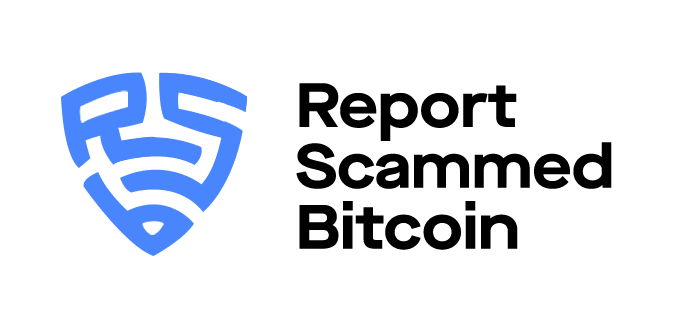The phrase “foreign exchange scam” refers to any technique intended to deceive traders and persuade investors that investing just on forex marketplace would provide big profits. The foreign currency market is essentially a zero-sum process in which one party profits whereas the other loses.
By now, everyone is aware of how perilous internet investing can be. This is particularly relevant in the context of currency exchange. Online Forex scams abound, started by con artists who gain confidence through the obscurity of the Web. To prevent financial disaster, it is essential to distinguish fraud from a real forex trading operation.
So How Would You Spot Frauds in Forex Trading?
Forex trader scams who are belligerent.
It might take a long time for victims of a currency scam to recover. This is vital to identify the basic warning signals until you become such. Genuine forex traders aren’t really pushy while promoting their abilities or services to potential clients.
On the other hand, even if you fully comprehend a small number of forex traders or firms who approach you frequently, it is crucial to proceed with caution. If forex investing is of interest to you, seek recommendations from people you trust.
High yield claims that are overstated.
Exaggerated claims of massive investment returns are a common indicator of a forex trading scam. If you are promised guaranteed high profits, this is almost certainly a scam. The performance of your investment is heavily influenced by how volatile the market is. Returns could arrive quickly or slowly. A company that promises consistent large profits, on the other hand, is deceiving you because it is impractical in the foreign currency trading industry.
Offers with a large spread.
In terms of USD/EUR, its typical spread is 2 to 3 points. Whenever a forex broker approaches you and promises spreads ranging a maximum of 7 points, proceed with caution. Remember that the price of significant currency pairings has four decimal places.
Use of technical language.
Using complex language to trap on their targets, forex fraudsters take advantage of their understanding of the foreign currency industry. To restrict their obligation should investors experience damages along the route, words like risk statements and conditions of usage are frequently utilized.
Withdrawal limitations
It may be ready to begin worried about your money if you’re seeking to withdraw money from your wallet but are unable to do that. You should rethink your trade or, preferably yet withdraw before losing further money, whenever a broker responds to this by providing a hazy justification or imprecise apologies.
Blacklisted dealer
In any means, stay away from brokers who can’t show you, their accreditation. You prefer your profile to be managed by someone you can trust. To determine whether a forex trader is in solid legal standing on the transfer market, do your research and look into any relevant regulatory authorities.
You can check here the Forex Scam Brokers Blacklist.
Types Of Forex Trading Scam

There’s a lot of chance for individual investors to become victims of a forex trader scams due to the volume of transactions and lack of a unified regulatory authority. If you choose to trade, there are some very frequent things you must be mindful of.
1. Trading by robots
This transaction is carried out by computers, which automatically decide when to purchase and sell depending on predetermined criteria. It goes without saying that these forex algorithms aren’t examined and verified by any independent body to ensure their reliability.
In any event, relying only on a program to manage your finances and assets is not a smart idea. Machines are not error-proof, despite the common misconception that they’re.
2. Signal sellers
Organizations or people who offer signals include a fee in exchange for their recommendations on the best times to purchase and trade a specific currency combination. Those signal sellers usually demand that investors spend a monthly charge in return for this knowledge. These individuals frequently promise to beat the marketplace and assert that they have figured it out.
3. MLM scams
The rise of MLM firms built with forex trading scam has maintained the appeal of forex. There is currently a considerable amount of suspicion around these enterprises, and forex isn’t any different. Some well-known forex MLMs demand a monthly charge from members in return for daily trading alerts and forex learning resources.
4. Broker frauds
A forex brokerage company provides you with access to a brokerage platform where you can buy and sell assets. A broker is required for forex investing. Unfortunately, not all agents are trustworthy and reliable; some may try to steal from you or charge you.
Some of them are even unregistered, implying that they are not subject to any sort of oversight. As a result, legal action in the event of fraud is limited.

